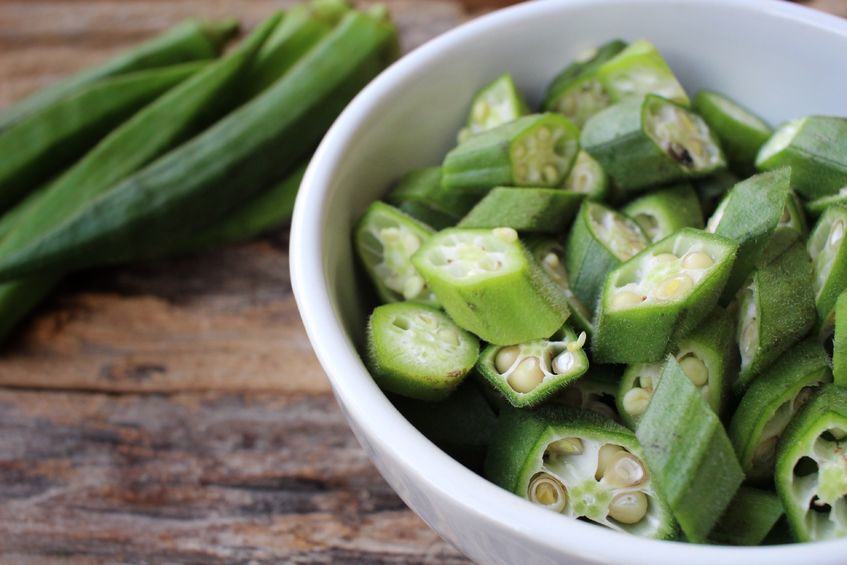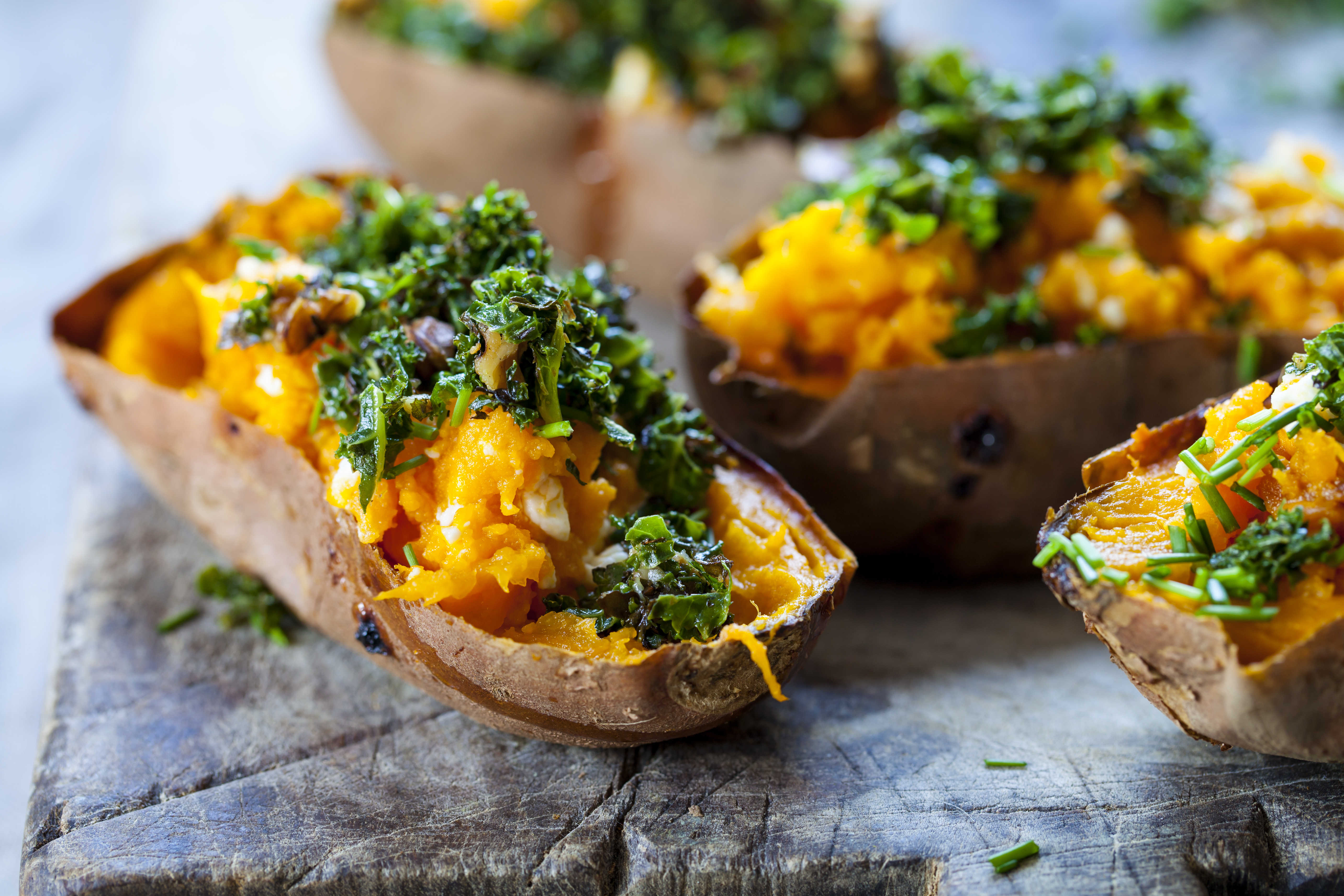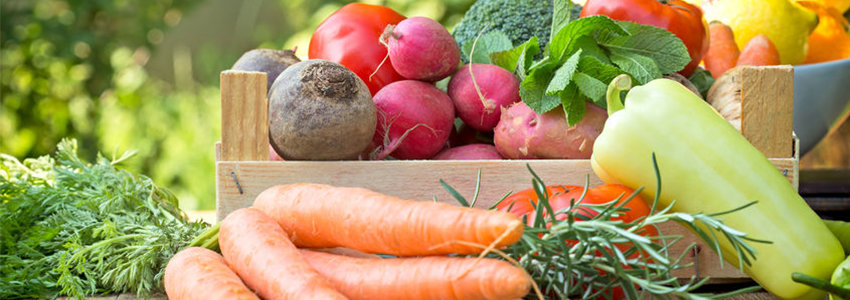Calcium Food Sources | Daily Meal Plan | Is Calcium Carbonate Vegan?
If you are a vegan, you pay extra attention to everything you eat and drink, including the supplements you take.
You also know that calcium is a critical element to keeping (or rebuilding) healthy bones. But, for hundreds of years, the most popular sources of calcium were cow’s milk (or goat’s milk) and other dairy products like cheese and yogurt. And those aren’t sources you will accept.
A balanced vegan diet will ensure you receive your recommended daily allowance. But more than just the total calcium you consume is important. Absorption is vital too.
Some foods, such as spinach, contain a high amount of calcium but is bound to a substance called oxalate and that inhibits calcium absorption. While the pros outweigh the cons when it comes to spinach and health, you can still replace spinach with low-oxalate vegetables such as cabbage and kale. These options will do more for your bone health.
As a vegan, you really do have many sources and options of calcium containing foods.

In the “edible list” you will find:
- Black eyed peas
- Sesame seeds
- Kale
- Turnip greens
- Seaweed (like wakame)
- White beans
- Firm tofu
- Okra
For something to drink:
- Organic soy milk
- Almond milk
- Cashew milk
- Blackstrap molasses
- Fortified orange juice.
All of these provide your body with healthy amounts of calcium. So let’s break them down and see just how much calcium you get with each…
Calcium Food Sources
Let’s look at a simple chart(1) of some of the top rich calcium sources you can add to your food plan. Ensure you get the calcium you need in the most vegan-friendly form.
| Blackstrap molasses, 2 tbsp. | 400 mg |
| Collard greens, cooked, 1 cup | 357 mg |
| Other plant milks, calcium-fortified, 8 ounces | 300-500 mg |
| Tofu, processed with calcium sulfate, 4 ounces | 200-420 mg |
| Calcium-fortified orange juice, 8 ounces | 350 mg |
| Soy or rice milk, calcium-fortified, plain, 8 ounces | 200-300 mg |
| Commercial soy yogurt, plain, 6 ounces | 300 mg |
| Turnip greens, cooked, 1 cup | 249 mg |
| Tofu, processed with nigari, 4 ounces | 130-400 mg |
| Tempeh, 1 cup | 184 mg |
| Kale, cooked, 1 cup | 179 mg |
| Soybeans, cooked, 1 cup | 175 mg |
| Bok choy, cooked, 1 cup | 158 mg |
| Mustard greens, cooked, 1 cup | 152 mg |
| Okra, cooked, 1 cup | 135 mg |
| Tahini, 2 tbsp. | 128 mg |
| Navy beans, cooked, 1 cup | 126 mg |
| Almond butter, 2 tbsp. | 111 mg |
| Almonds, whole, 1/4 cup | 94 mg |
| Broccoli, cooked, 1 cup | 62 mg |
* Soy: There has been some confusion about soy and its effects on health. To clear up that confusion go to, “5 Myths About Soy You Probably Still Believe“.
* Calcium Fortified: Unfortunately, you can’t rely upon juices and milks fortified with calcium. Here’s why.
In addition to these calcium containing foods, it’s also important to reach your nutrient requirements for other bone healthy vitamins and minerals such as magnesium, vitamin D3, K2, C and adequate protein intake. Following a balanced, whole food diet is a great way to ensure your body is getting the basics. To make up for the shortfall, you can supplement with a clinically supported, multi-nutrient bone supplement.
Daily Meal Plan
Stuck for a daily meal plan?
Here’s a simple one you can use (or adjust with the ingredients above) for you own personal plan:
Breakfast:
Make two servings of oatmeal in 1 cup of almond milk. Top with fresh fruit and a teaspoon of chia seeds. (Chia seeds contain 177 mg of calcium per one ounce!)
Lunch:
Make a delicious roasted beet and kale salad. Top with chopped almonds, sesame, pumpkin and sunflower seeds. For the dressing: mix together two parts olive oil to one part freshly squeezed lemon juice (with salt and pepper to taste).
Dinner:
Roast sweet potatoes in the oven and stuff with navy beans and sauteed mustard greens.
Snack:
Spread two tablespoons of tahini onto two rice cakes.
Want more recipes with full ingredients list and directions? Download our Free Recipes for Stronger Bones Ebook, which contains plant-based, vegan and gluten-free recipes.
[recipe_widget]
Is Calcium Carbonate Vegan?
Vegans do not eat animals or products that come from animals. So, the question you probably have is this: is calcium carbonate vegan?
We have a better question: Would you rather eat rocks or plants?
If you take calcium supplements right now, check the label. The calcium used is most likely calcium carbonate. That comes from limestone or some other such rock.
AlgaeCal Plus is the most effective plant-based calcium product you can use. Three separate clinical trials clearly demonstrate that the calcium (plus more than 70 additional essential elements) you find in AlgaeCal Plus is more body-friendly than any rock-based calcium supplement. It also doesn’t include the long list of side effects from rock-based calcium supplements (like nausea, constipation, and bloating to name a few).
AlgaeCal Plus is a natural, whole foods solution to your health – it even increases bone density!
Take a look at AlgaeCal Plus now.
Source:
- vrg.org/nutrition/calcium.php





Patricia Haase
June 25, 2016 , 2:35 pmThis is so helpful – thank you very much 🙂 I am transitioning to a whole foods plant based diet at the moment for my health and becoming vegan for the animals so this information is especially useful for me. I have been taking AlgaeCal Plus for quite some time now and am sure it is helping because after having quite a fall recently had no broken bones despite having low bone density (the reason why I started AlgaeCal in the first place – hoping for positive results with my next Dexa). As a company I believe you truly value your customers. You are always more than happy to answer emails and in todays world where so much seems to be about profit it is so refreshing to feel that personal connect. Thank you for great products and great information x